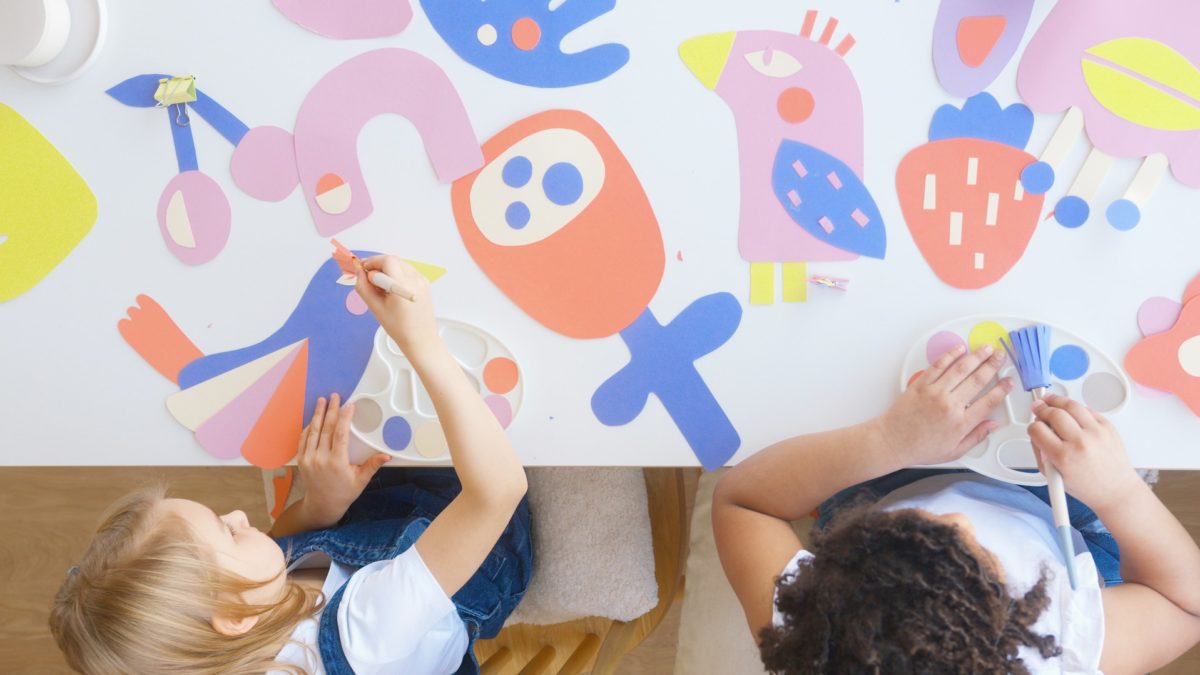Sixty-five per cent of children entering primary school in 2021 will end up working in a job that currently does not exist, and something is missing in their education.
We live in a world where seven-year-olds are prototyping ideas for businesses and 14-year-olds are skipping homework to run their not-for-profits. It has never been easier to turn an idea into a business. Entrepreneurship training and equipping tomorrow’s entrepreneurs with the required skills will be a crucial factor for success in decades to come.
Sixty-five per cent of children entering primary school in 2021 will end up working in a job that currently does not exist. Our schools have done a good job focusing on the Sciences, Technology, Engineering, Arts and Mathematics (STEAM) to prepare for this future. What is missing is the entrepreneurial mindset and skillset required to turn concepts into concrete solutions, turning ideas into actions.
COVID-19 has accelerated the need for us to provide our students with the skills required to ideate, analyse and communicate the solutions to the problems they want to solve. The entrepreneurial mindset is one of the unsung heroes of the pandemic and economic recovery. Entrepreneurs have demonstrated resilience, determination and ingenuity to see and seek the opportunities amongst the chaos. Local examples include:
- Distilleries converted production to produce sanitiser
- Free educational content was made available to parents homeschooling their children
- Handmade “villages of spoons” sprouted up across the country
The people behind such initiatives demonstrate common characteristics: Being agile, adaptable, proactive, action-oriented, resilient, determined, open-minded, innovative, tenacious, driven, optimistic, able to deal with uncertainty, resourceful, visionary, able to assemble resources and having an appetite for measured risk. These abilities epitomise an entrepreneurial mindset and the ability to create something out of necessity within a short time frame, when immediate results are required. The benefits of adopting an entrepreneurial mindset are key for our children’s future and an imperative to not only survive a similar COVID-19 type scenario but to thrive during it, and for society to come out better on the other side.
How can you encourage a young entrepreneur at home?

There are lots of different ways you can help kids of all ages to start thinking and behaving like an entrepreneur. Here are some ideas to start helping your child tune into their inner entrepreneurial spirit.
Play the “I notice, I wonder” game
A fun entrepreneurial game to play with young children that develops curiosity is the “I notice, I wonder” game. This simple exercise can inspire youth (and you!) to look at the world with new eyes.
Start with selecting an object in the environment around you and make simple observations as if you’re seeing it for the very first time. Make simple statements about its physical characteristics (colour, size, shape), its location in relation to other objects and explore, if possible, its texture, smell, what noises it makes when you interact with it and more.
I notice the carpet. It’s in pieces. It is white and fluffy. It doesn’t touch the wall.
I notice the dog sleeping on the carpet. She is curled up in a ball. She has a collar on.
Next, it’s time to wonder what could be. Ask as many questions as you can think of. Start with the questions to which you already know the answers: What is this? What is it used for? Why was it made?
I wonder: Why aren’t the carpet pieces connected? Why choose white and not a dark colour to hide stains? How is carpet made? How does carpet stick to the floor? Why isn’t there carpet for walls? What if the carpet was scented?
I wonder why the dog’s on the floor and not the furniture? Why do dogs sleep curled up? Do dogs dream? What is it dreaming about? Why don’t dogs wear pyjamas?
Ask questions and encourage kids to do the same
Ask questions to which you may not know the answers: Who made the specific thing? Whose idea was it in the first place? Why is it shaped like this? Why is it located right here? How much did it cost to make? Lead by example and you’ll encourage your kids to do the same.
Allow yourself the freedom to ask “Why” and “Why not?” If you can find the answer, that’s curiosity. If you can’t find the answer, that’s curiosity too! In curiosity, the exercise is all about asking the question.
Teach that failure is an opportunity
When something doesn’t work as expected, you have the chance to help your children realise and internalise that it’s okay for something to not work the first time (or second or third!) and remind them that the most successful entrepreneurs have things go wrong all the time. American academic, psychologist and popular science author, Angela Lee Duckworth, says that, “Grit is living life like it’s a marathon, not a sprint.” Remember, you are trying to shape a mindset, not prepare a child for a one-off event or a graded exam. And that can happen when you least expect it (even during a snack break)!
Practise pitching ideas
Just as children who like chess participate in chess competitions or kids who like footy play in footy competitions, young entrepreneurs should be participating in pitch competitions. You can start the process within your own home. At the dinner table, ask your kids what problems they would like to solve or what business they would like to start. Don’t judge the ideas but rather encourage them to understand the process of pitching and developing ideas for a business. Find local or online pitch competitions for them to enter. These events provide children a platform to showcase their solutions to problems that they want to solve and introduce them to the start-up community.
How helpful was this article?
Click on a star to rate it!
0 / 5. 0
Be the first to rate this post!
Jim Schuman
Related posts
Subscribe
Receive personalised articles from experts and wellness inspiration weekly!


